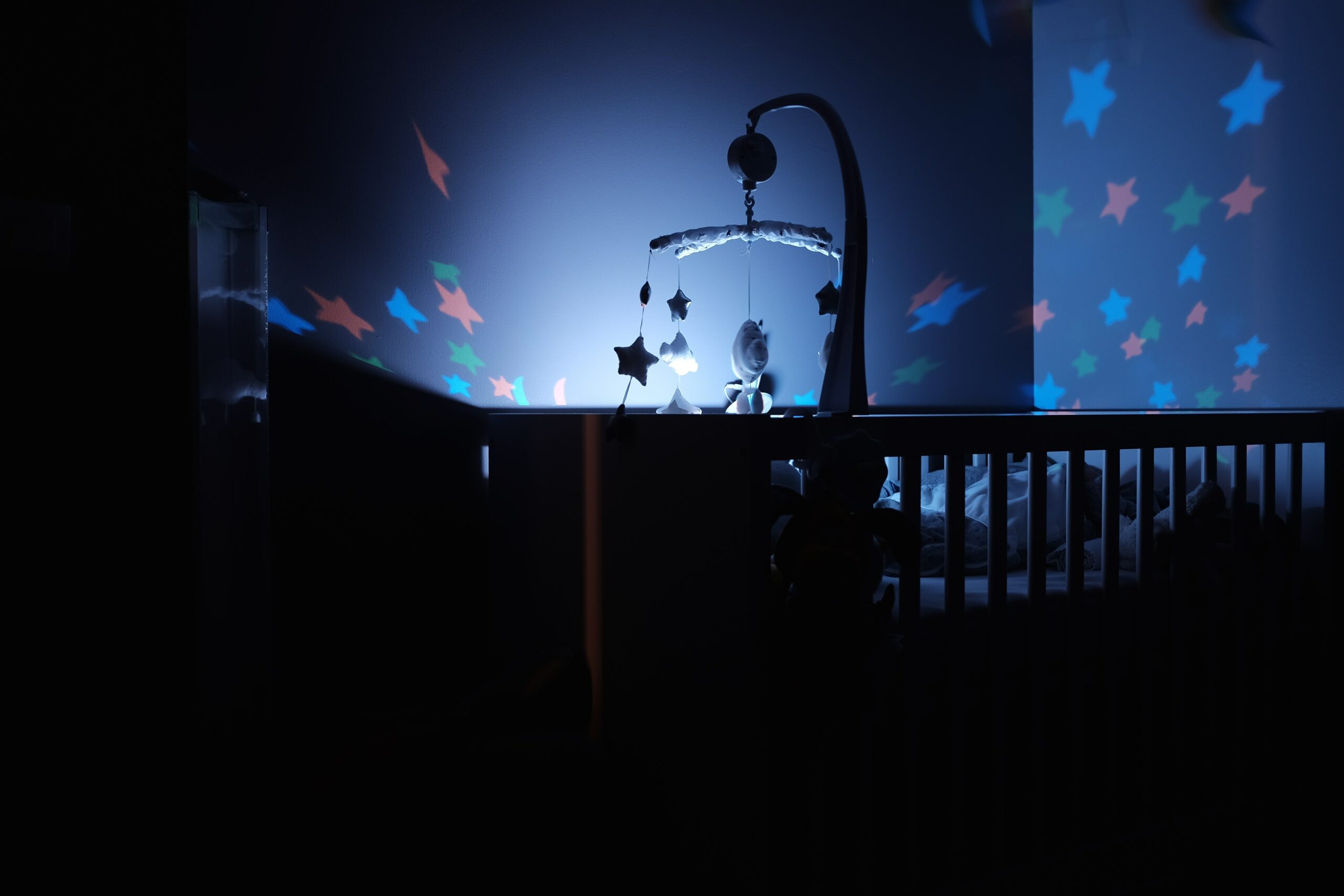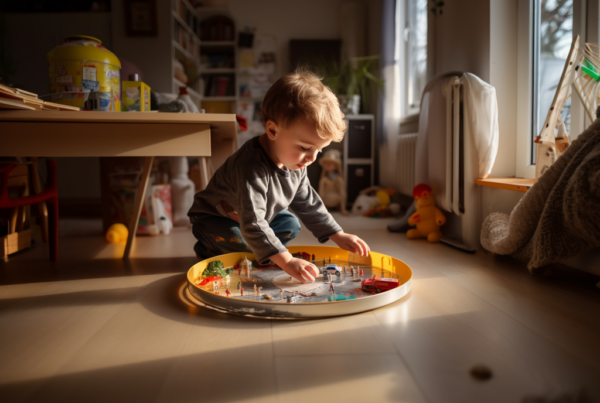Getting your toddler to bed on time every night can be a challenge. But it’s important to make sure they get enough sleep for their growing body and mind. A good bedtime routine will help them relax and prepare for sleep. Here are some tips on how to establish a good sleep routine for your toddler.
Toddlers and Sleep: The Importance of a Bedtime Routine
There are many benefits to establishing a good bedtime routine for your toddler. A well-rested toddler is:
- Happier
- More Alert & Focused
- Better Behaved
- Less Likely to Get Poorly
How to Establish a Good Sleep Routine
There is no one-size-fits-all approach to establishing a good sleep routine for your toddler. But here are some general tips to get you started.
Identify an Ideal Bedtime
Start by identifying the time when your toddler usually begins to get tired. This will be different for each child. For some, it might be as early as 6 pm, while others may not start to feel tired until closer to 8 pm. Follow your child’s cues and aim to begin your bedtime routine about 1 hour before this time. Some signs your toddler might be feeling sleepy are:
- Rubbing Their Eyes
- Yawning
- Fussing or Seeming Unsettled
- Becoming Fidgety
Decide on a Bedtime Routine
A bedtime routine doesn’t have to be elaborate or time-consuming. But it should include some calming activities that will help your toddler relax and prepare for sleep. Some ideas include:
- Having a Bath
- Brushing Teeth
- Reading a Story
- Singing Songs
- Playing Quiet Games
Be Consistent
The most important thing when establishing a sleep routine is to be consistent. Try to stick to the same sequence of activities each night and avoid letting your toddler stay up late on weekends or during holidays, at least while they become used to their new routine. This will help their body get into a rhythm and make it easier for them to fall asleep. Establishing a good sleep routine takes time, but it’s worth it in the long run.
Make it Fun
One way to make bedtime less of a struggle is to make it fun. Try turning it into a special event that your toddler looks forward to and will help them unwind before bed. You can make it special by including activities that are unique to your family, like listening to a visualisation story, giving them a special back tickle, or tucking them in with a flashlight and story.
Avoid Blue Light
Blue light is known to interfere with sleep cycles, so it’s best to avoid screens (TVs, phones, laptops) for an hour or two before bedtime. However, if your toddler can’t seem to resist the temptation of screens in the evening, try installing a blue light filter on their devices. This will help reduce the amount of blue light they’re exposed to.
Create a Peaceful Sleep Space
A peaceful sleep space is key to getting your toddler to bed on time. Make sure their room is dark, quiet, and at a comfortable temperature. You might also want to consider moving any distractions, such as toys or books, out of reach. And lastly, create a relaxing atmosphere by using calming colours, bedding, and lighting.

Set Boundaries
Setting boundaries is an integral part of establishing a good sleep routine for your toddler. It helps them learn what is expected of them and what is not. You’ll need to be clear and consistent with your expectations to set boundaries. For example, resist the temptation to bring your toddler into your bed at night, as this can become a habit that can prove difficult to break later on.
Overhaul Daytime Naps
Daytime naps are an essential part of your toddler’s sleep routine. They provide energy and help them stay alert and focused during the day. While you might think that reducing or stopping your toddler’s daytime naps will help them sleep better at night, research suggests that this can have the opposite effect. Toddlers who have a scheduled nap during the day sleep better at night than those who don’t. You can find out how much sleep your toddler should get here.
Goodnight, Sleep Tight
Establishing good sleep habits for your toddler is vital for their long-term health and well-being. The tips we’ve provided should help you get started on creating a bedtime routine that works for your family. Be patient, as it may take some time to find what works best for your child. And most importantly, be consistent!
Please get in touch if you would like any further advice on implementing a sleep routine for your toddler.




